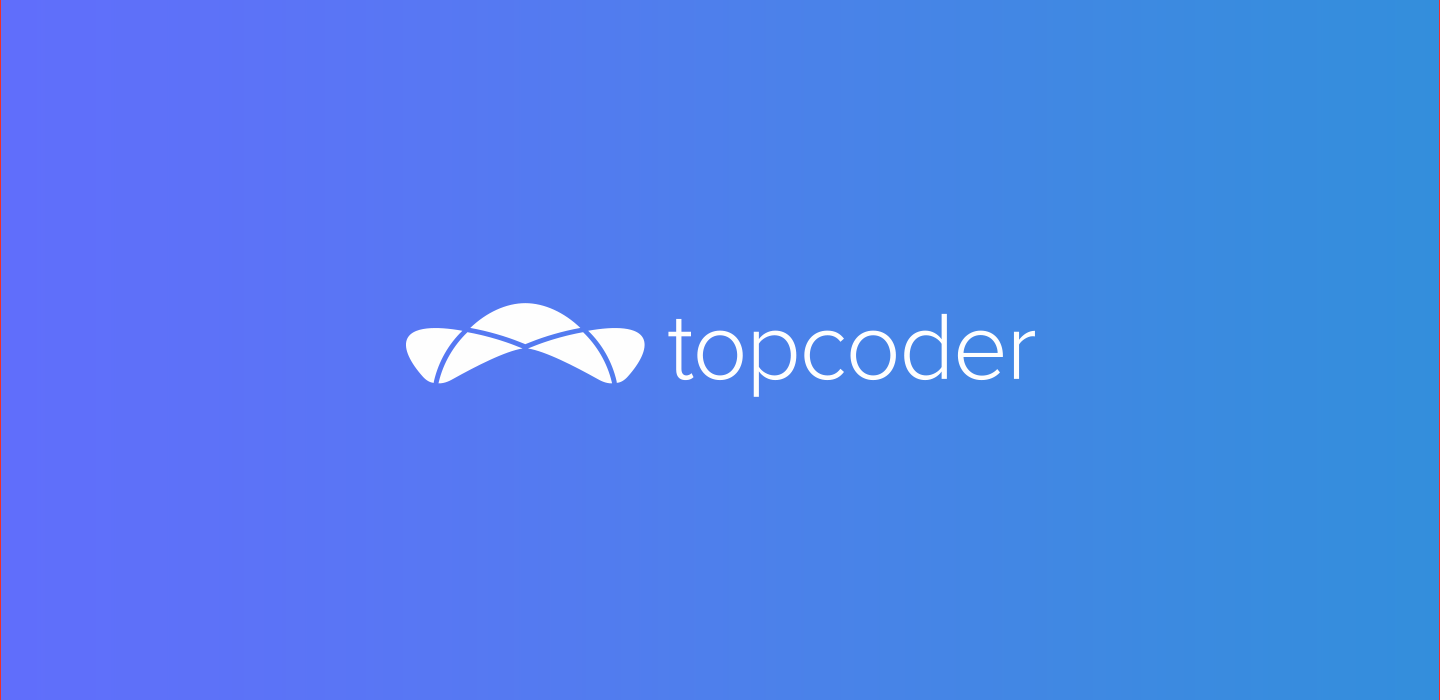September 13, 2018 Serverless
Serverless is an architecture. It’s also a buzzword, but let’s focus on architecture.

When it comes down to building your application based on third-party services, what is known as Backend as a Service (BaaS), and you also rely on custom code which is in ephemeral containers, you can write a JavaScript function that you run and receive a response from by hitting a URL. That’s sometimes also called Cloud Functions or Functions as a Service(FaaS), which are perhaps better names, but just a part of the whole serverless thing.
Where would I use this?
You would use this in a lot of different scenarios, like building API, creating web-hooks or even for notifications. For example, if you want to listen to an event and then send an email based on that, you could use serverless for that.
What’s new for developers?
Developers can do things in a new cloud-based way, coding functioning in the cloud. If you are an Angular, React, View, or web mobile developer, then you can create your APIs and always have an API of some kind. You have to write a UI that hits something in the backend to get data or do something with it. Instead of using serverless functions, in the past you might have used Node Express. With serverless you have less steps to worry about. You can focus on the frontend and don’t have to think of how to manage your server.
Pay-by-pay model.
Serverless is based on a pay-by-pay model, making it cheaper as you only pay for your CPU cycle and memory while your function is running. It is on demand; you pay for what you use or pay as you go.
What is a Function App?
A function app helps you group your functions so when you write custom code, you’re going to write normally a function that reacts to an event. The cool thing is that you can actually group these functions almost like in a project, as when you have a project and you create different modules of your application, they’re still grouped together. This allows you to manage them as if they’re one unitary thing.
Types of Functions
Functions can be used in many cases, but more specifically functions can be written to serve the following type of processing:
- Scheduling jobs that run on continuous or triggered schedules.
- Processing an Http-request.
- Processing a message arriving on a message queue.
- Running a custom function manually.
Serverless Service
Most public cloud service providers offer compute runtimes, also known as function as a service (FaaS) platforms. Here are some well known type representatives.
If you want to explore more & start a project based on cloud function then you also visit Connect.
hi4sandy
Guest Blogger


